Thai Binh Vocational College actively innovates training methods to meet the recruitment needs of the labor market.
Mr. Tang Quoc Su, Head of the Department of Labor and Employment, Department of Home Affairs said: We have coordinated with the Management Board of Economic Zones and Industrial Parks of the province, districts and cities to survey the labor recruitment needs of enterprises in terms of quantity, occupations, and professional qualifications; at the same time, survey the actual training capacity and strong occupations of a number of high-quality training institutions in the province and the region to select and connect for training cooperation and labor supply for enterprises. In 2024, 2 conferences were held to connect, cooperate in training and supply labor for enterprises in Thai Binh Economic Zone with labor recruitment needs. Through this activity, 45 enterprises have registered to cooperate with vocational training units to cooperate in training in the fields of electricity - electronics, information technology and automation, mechanics, and automotive technology.
Recognizing the importance of connecting and supplying labor to businesses in the province, the Department of Home Affairs proposed allocating resources to the Thai Binh Employment Service Center to develop an investment project in infrastructure, information technology equipment, modernize the labor market information system, establish an online job exchange and build databases to improve the capacity to connect labor supply and demand; improve the capacity to periodically organize monthly job exchanges to support the connection of labor demand and labor recruitment needs of businesses. In 2024, the Thai Binh Employment Service Center received 210 businesses, employers and 60,000 workers to participate in consulting and job referral activities at the job exchange. Many businesses have recruited workers according to their needs, and many workers have found suitable job positions.
Grasping the trend of the labor market, especially the investment of a series of large enterprises and corporations in Thai Binh with new and modern technology and production lines, in recent times, Thai Binh Vocational College has actively innovated its programs and teaching methods by updating its training programs according to the actual needs of the labor market. Mr. Dang Nguyen Manh, Principal of Thai Binh Vocational College said: We strengthen training according to the model of "learning goes hand in hand with practice, reducing academic theory, increasing practice". Building a training program linked to the needs of businesses, helping students have practical skills. Cooperating with businesses to organize internships, on-site training, and direct recruitment. Organizing training courses to improve teaching skills and professional practice for teachers. Encouraging lecturers to participate in practice at businesses to update new technology and skills. In particular, to improve the quality of vocational skills and ensure that students can find jobs immediately after graduation according to the needs of businesses, the school has signed a memorandum of understanding with an enterprise specializing in the production of electronic components in Lien Ha Thai Industrial Park (Thai Thuy); in which, it commits to issues of development and organization of training implementation; internship programs; recruitment support; support for facilities and research, development, and professional exchange.
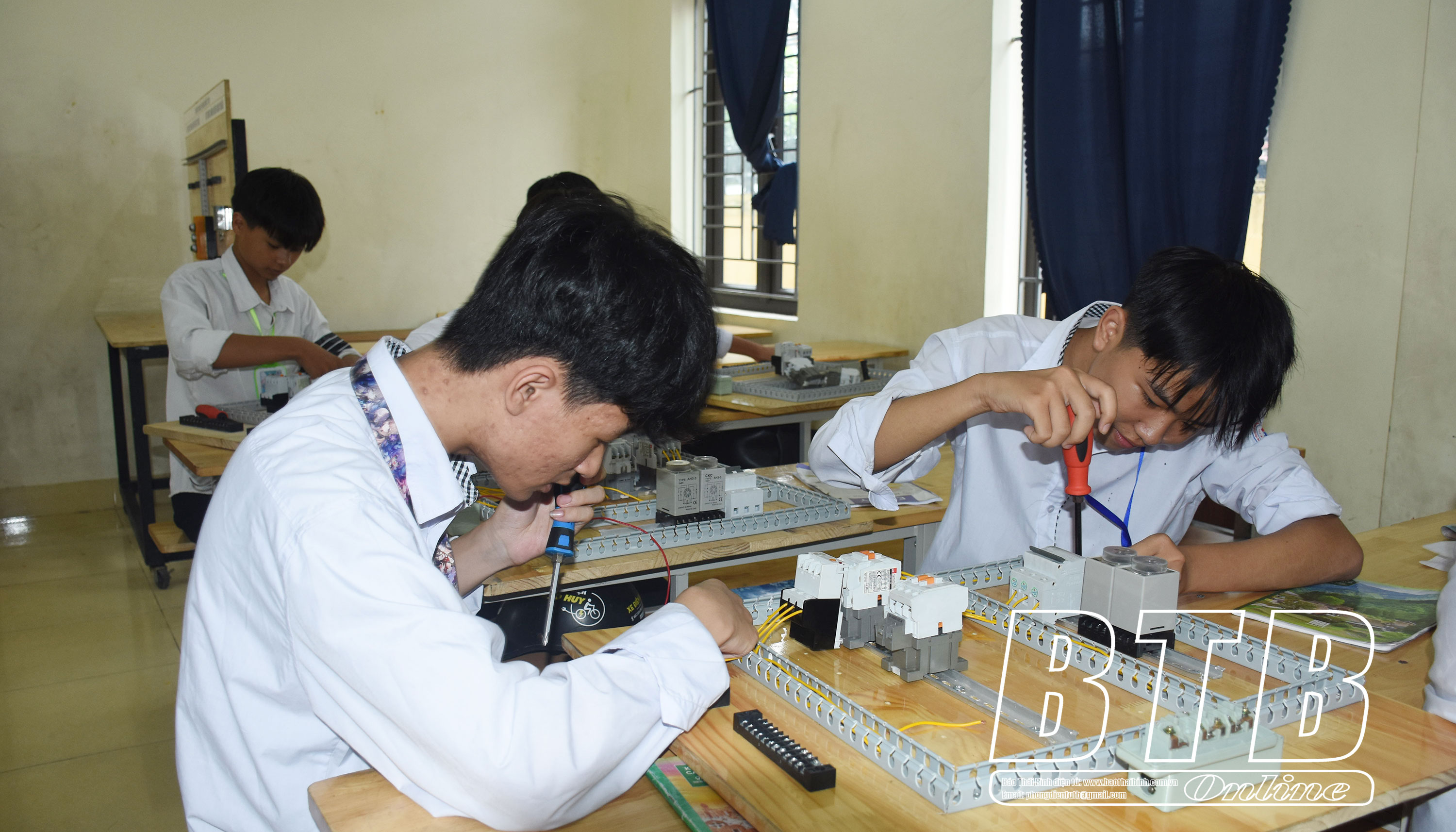
Vocational training institutions are increasingly innovating training methods by reducing theory and increasing practice time.
According to the analysis of Ms. Pham Thi Anh Nguyet, Chairwoman of the Board of Thai Binh University: Enterprises increasingly need a source of highly skilled labor to meet the development of technology and new business models. Without cooperation between enterprises and training institutions, workers may not meet actual requirements, causing difficulties in recruitment. When there is a good connection between enterprises and training institutions, enterprises can recruit workers with suitable skills, reducing the time and cost of retraining. This also helps reduce the rate of resignation due to workers not meeting the expectations of enterprises. When there is cooperation between the parties, workers will be equipped with the right skills for market needs, helping them have stable jobs and better income. This contributes to reducing unemployment rates and improving the quality of life.
Training cooperation and labor supply connection activities are one of the key tasks and solutions of the plan to implement the labor market development support program of Thai Binh province until 2030, aiming to support enterprises investing in economic zones and industrial parks to proactively recruit workers according to the needs of employers, serving production and business activities at enterprises. Training connection between state agencies, vocational training institutions and enterprises creates a core relationship between the three parties, thereby helping workers find jobs that match their abilities and technical expertise.
Do Hong Gia
Source: https://baothaibinh.com.vn/tin-tuc/9/221187/tang-cuong-hop-tac-dao-tao-cung-ung-lao-dong-cho-doanh-nghiep


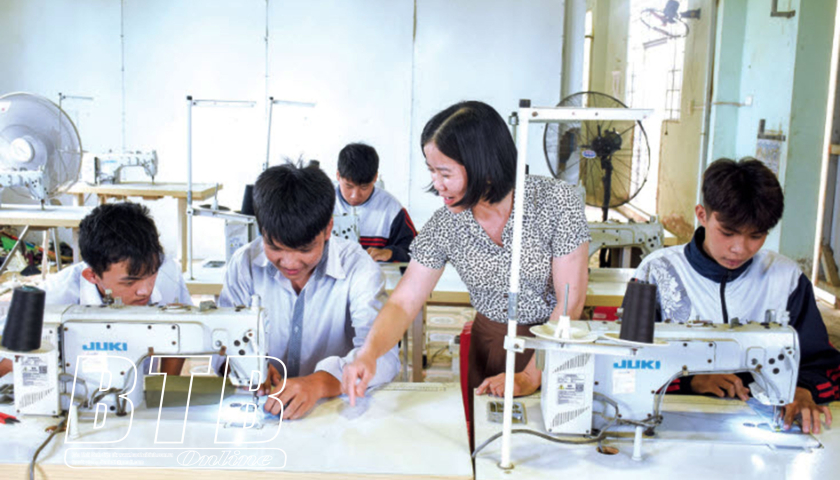

![[Photo] Ho Chi Minh City: Many people release flower lanterns to celebrate Buddha's Birthday](https://vphoto.vietnam.vn/thumb/1200x675/vietnam/resource/IMAGE/2025/5/10/5d57dc648c0f46ffa3b22a3e6e3eac3e)
![[Photo] General Secretary To Lam meets with Chairman of the Federation Council, Parliament of the Russian Federation](https://vphoto.vietnam.vn/thumb/1200x675/vietnam/resource/IMAGE/2025/5/10/2c37f1980bdc48c4a04ca24b5f544b33)

![[Photo] Russian military power on display at parade celebrating 80 years of victory over fascism](https://vphoto.vietnam.vn/thumb/1200x675/vietnam/resource/IMAGE/2025/5/9/ce054c3a71b74b1da3be310973aebcfd)
![[Video] 24-hour news on May 9, 2025: General Secretary To Lam officially visits the Russian Federation and attends the 80th anniversary of Victory Day in the Great Patriotic War](https://vphoto.vietnam.vn/thumb/1200x675/vietnam/resource/IMAGE/2025/5/10/5eaa6504a96747708f2cb7b1a7471fb9)

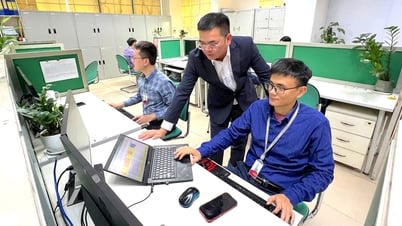


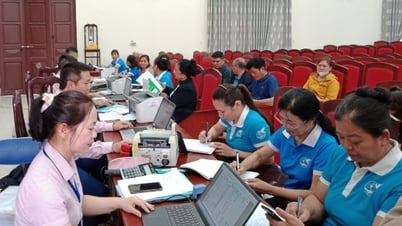
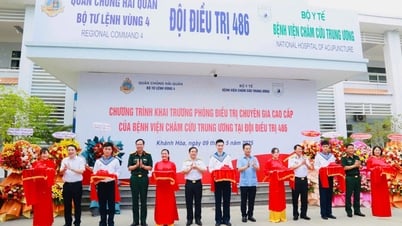




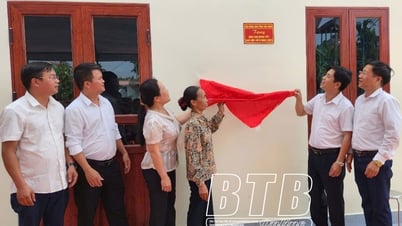

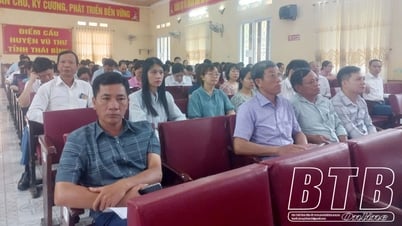



![[Photo] General Secretary To Lam and international leaders attend the parade celebrating the 80th anniversary of the victory over fascism in Russia](https://vphoto.vietnam.vn/thumb/1200x675/vietnam/resource/IMAGE/2025/5/9/4ec77ed7629a45c79d6e8aa952f20dd3)





































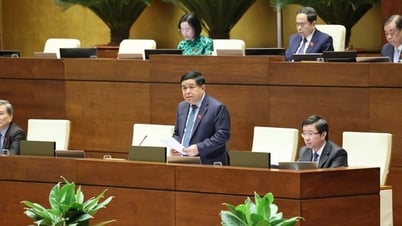

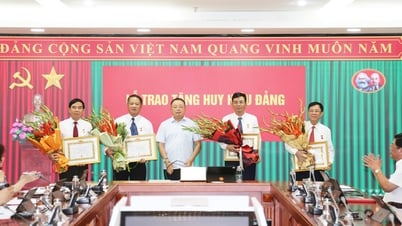

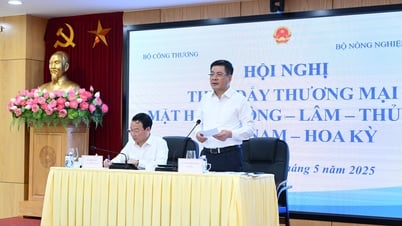























Comment (0)